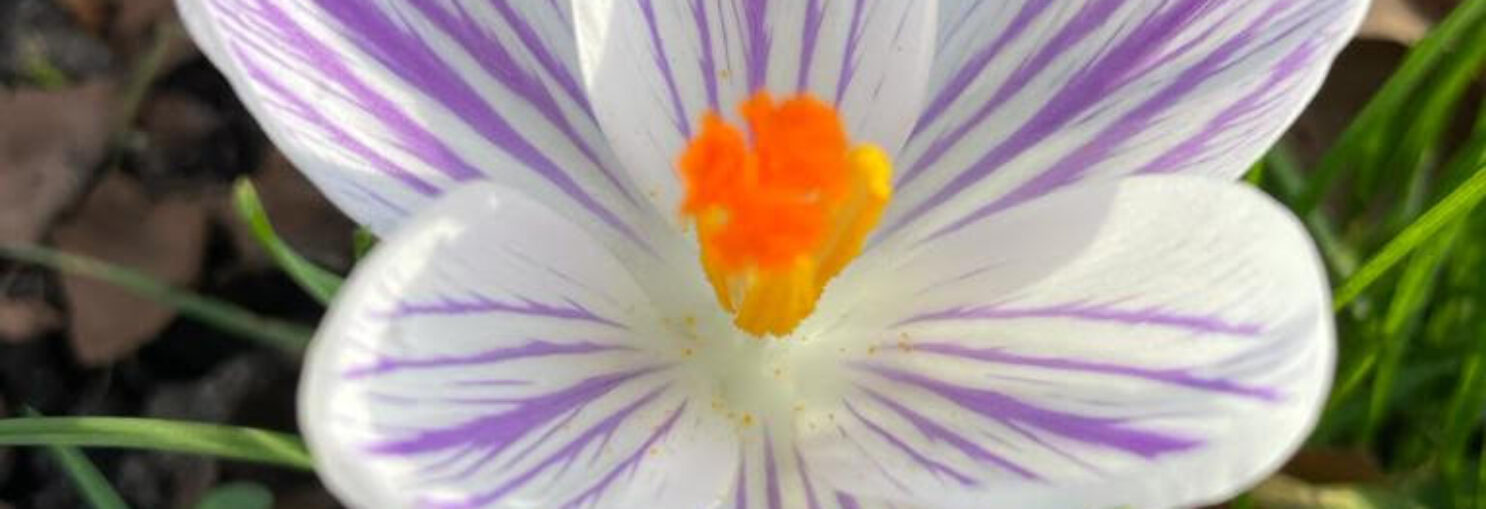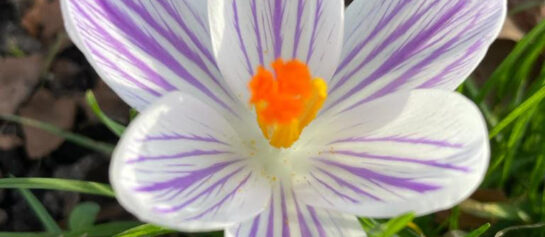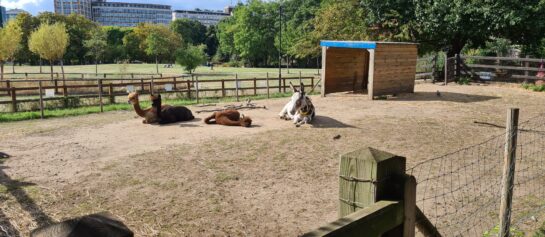It’s almost March … March 2021.
I’m assuming it’s the same for you. Last March seems both just like yesterday and also an eternity ago. Time can be a nonsense.
It’s got me thinking, though. We’ve spent so much of the last twelve months indoors, whether through necessity or through poor weather through the winter. For those of us here in London, working from home hasn’t always been the dream we thought it might be. There are real inequalities around us – inequalities that pre-dated COVID-19 that have been pushed into the spotlight because of it.
For example, here in Lambeth, 33% of 0 – 15 year olds with long-term health conditions or a disability were living in overcrowded accommodation.
We also know that our Borough is one of the most densely populated areas in the UK, an area with high rates of population churn (coming and going) and where only 39% of social care users report getting enough human contact as they’d like.
COVID-19 has made already hard circumstances even harder. There’s dangerous recorded levels of air pollution in numerous places, high noise pollution alongside main roads and thousands lacking their own gardens, or even a balcony. This doesn’t just put a premium on green space but jeopardises our health and wellbeing.
Over the next few months, I’ll be looking further into the inequalities in access to urban green spaces, the benefits being in green space provide and, crucially, promise for the future led by grassroots and community groups (such as Vauxhall City Farm)taking part in greening, rewilding and gardening projects across our city!
Questions we’ll search for answers for will include:
“As our cities grow and more people move into already crowded spaces, what do we need to do to transform our urban areas into healthy places to live?”
“What’s the known impact of green spaces on physical and mental health? Is there an effect on live expectancy?”
Suffice to say, an increasing body of research tells us that we should be letting nature back in to our lives and bringing it to the communities where it’s never been in the first place
As Dr Cecil Konijnendijk, Professor of Urban Forestry at the University of British Colombia, says:
“Research shows really clearly that we need nature in our surroundings. We need trees in our streets, plants in our gardens and flowers on our balcony. We need nature as our neighbour all the time.”
So, go on, bookmark this blog and stay tuned as we look to get answers to some of these questions and learn the difference more time in green spaces can make in our own lives.
Natty
Fundraising Officer, avid cyclist and wannabe intrepid explorer





